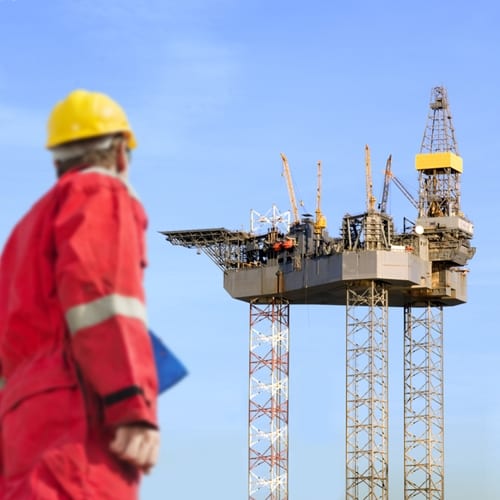When the BP Deepwater Horizon Oil Spill occurred in 2010, the event brought to light how dangerous offshore drilling can be, as 11 of the workers died in the blast, which was later considered the worst offshore oil spill in U.S. history.
Now, data is also showing how dangerous working in the offshore oil and gas industry is. The Centers for Disease Control and Prevention (CDC) looked at the number of fatal injuries for offshore oil and gas workers from 2003 – 2010, and found that compared to the U.S. average, offshore U.S. workers are seven times more likely to die on the job.
At the same time, the CDC also noted that deaths similar to those in the BP oil spill were not typical, and instead other accidents were to blame for the high fatality rate.
"Catastrophic events like the Deepwater Horizon explosion attract intense media attention but do not account for the majority of work-related fatalities during offshore operations," the CDC said. "This report found that transportation events (specifically helicopter crashes) were the most frequent fatal event in this industry."
Still, the fatality rate for offshore oil and gas workers was found to be 27.1 deaths per 100,000 workers compared to the average 3.8 deaths.
For employers or owners of offshore drilling companies, these statistics and anecdotes prove that no safety precaution is too much. Working with offshore oilfield consultants can help project managers find the best offshore oilfield insurance for a company and project. In an industry as vital as offshore oil and gas, having the proper coverage is vital.

